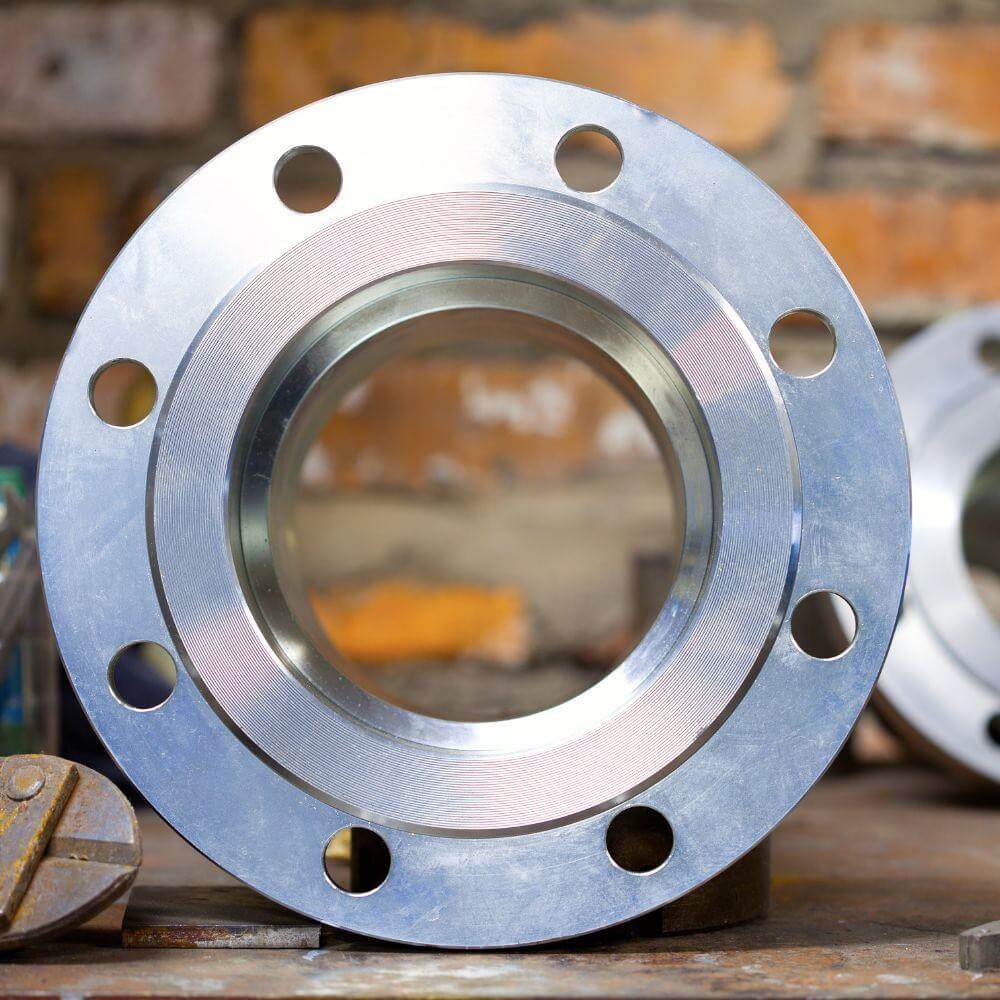Slip on flanges are a vital component in industrial piping systems, known for their versatility and ease of use. They play a crucial role in ensuring secure, reliable connections between pipes, facilitating maintenance, and enhancing the overall efficiency of piping networks. Here’s a closer look at the significant roles slip on flanges play in industrial piping systems.

“For a deeper dive, check out our detailed article here.”
1. Facilitating Secure Connections
Slip on flanges are designed to slip over the end of a pipe, with the pipe being inserted into the flange. They are then welded at both the inside and outside to prevent leakage and ensure a strong connection. This design makes them an excellent choice for ensuring secure and leak-free connections in various industrial applications, including water supply, oil and gas, and chemical processing.
2. Simplifying Installation
One of the main advantages of slip on flanges is their simplicity in installation. Unlike more complex flange types, slip on flanges require less precision in alignment and can be easily positioned over the pipe. This simplicity reduces installation time and labor costs, making them a practical option for large-scale industrial projects.
3. Enhancing System Flexibility
Slip on flanges provide a degree of flexibility that is beneficial in industrial piping systems. Because they can be easily slid over pipes, they allow for minor adjustments during installation, which helps ensure proper alignment. This flexibility is particularly useful in systems that require frequent modifications or adjustments.
4. Supporting Maintenance and Repairs
In industrial environments, maintenance and repairs are often necessary to keep systems running smoothly. Slip on flanges facilitate easier disassembly and reassembly of piping sections, which simplifies maintenance tasks. This ease of access is crucial for industries where regular inspections and repairs are part of routine operations.
5. Cost-Effective Solution
Slip on flanges are generally less expensive than other types of flanges, such as weld neck flanges. Their lower cost, combined with reduced installation and labor expenses, makes them a cost-effective solution for many industrial applications. This affordability is particularly beneficial for projects with tight budgets or large-scale installations.
6. Versatility Across Applications
Slip on flanges are highly versatile and can be used in a wide range of industrial applications. They are suitable for both low-pressure and high-pressure systems and can handle various types of fluids and gases. This versatility makes them a common choice in industries such as oil and gas, petrochemicals, water treatment, and manufacturing.
7. Availability in Various Materials and Sizes
Slip on flanges are available in numerous materials, including stainless steel, carbon steel, and alloy steel, allowing them to meet specific requirements for different industrial environments. Additionally, they come in a wide range of sizes, ensuring compatibility with different pipe dimensions and system specifications.
Conclusion
Slip on flanges play a critical role in industrial piping systems by providing secure connections, simplifying installation, enhancing system flexibility, supporting maintenance and repairs, offering cost-effective solutions, and demonstrating versatility across various applications. Their widespread use and availability in multiple materials and sizes make them an indispensable component in the efficient operation of industrial piping networks.
For more information on slip on flanges and how they can benefit your industrial piping system, visit Texas Flange.